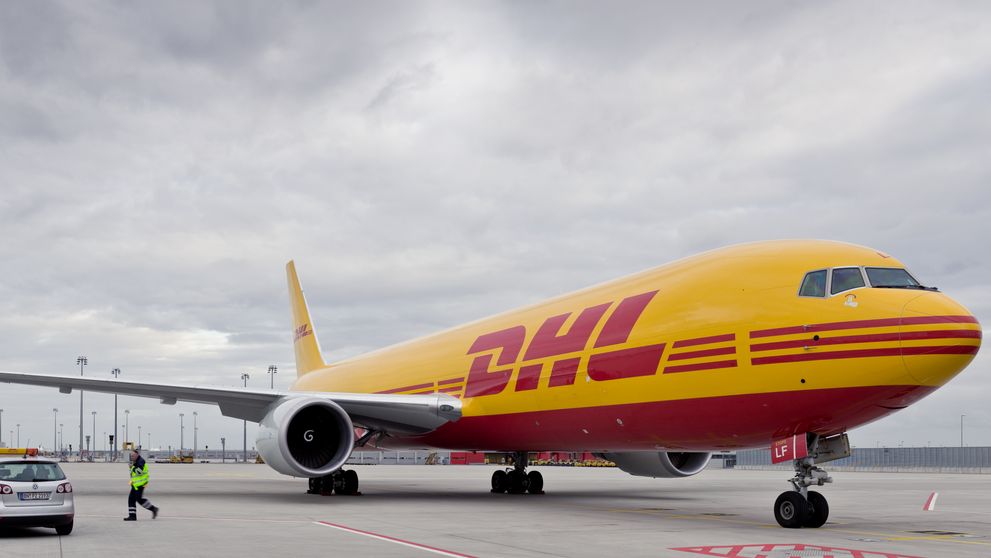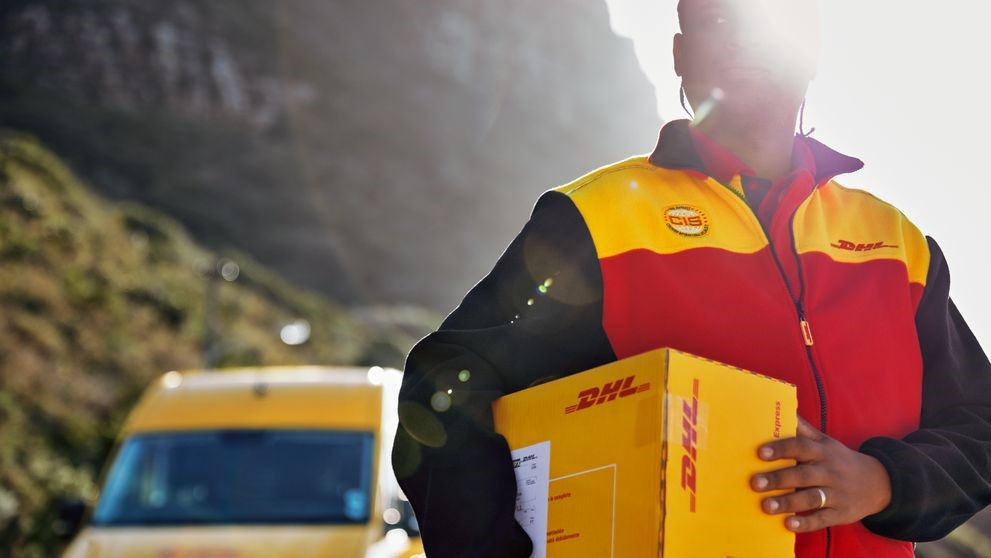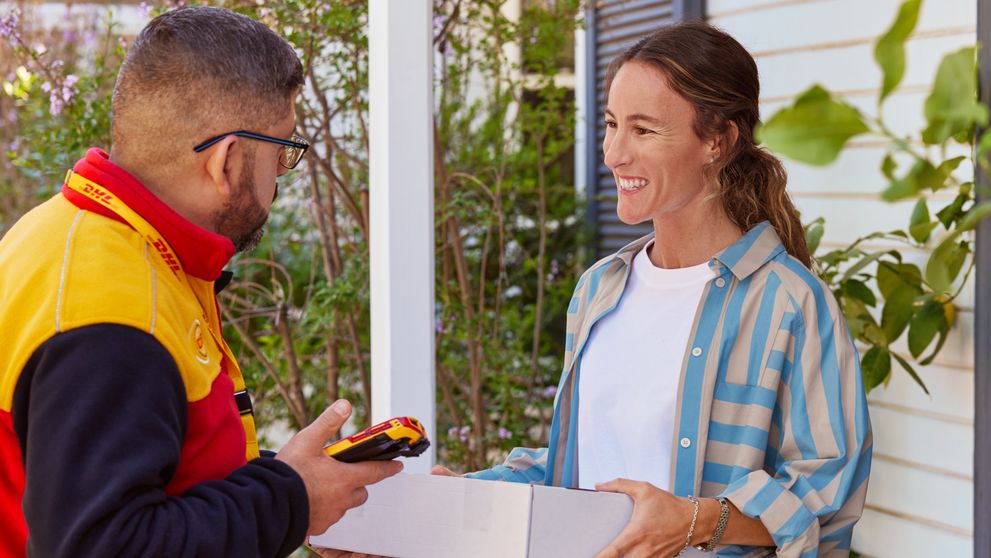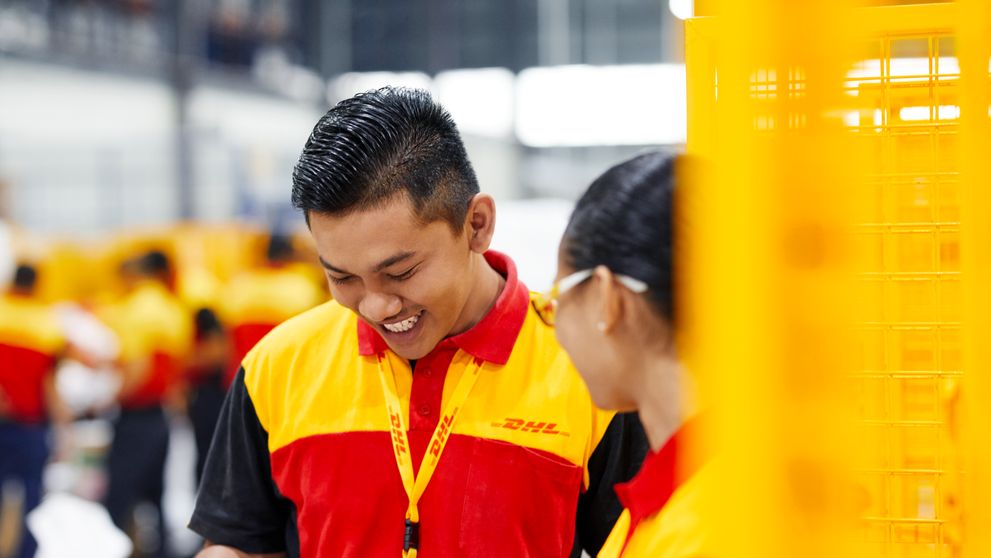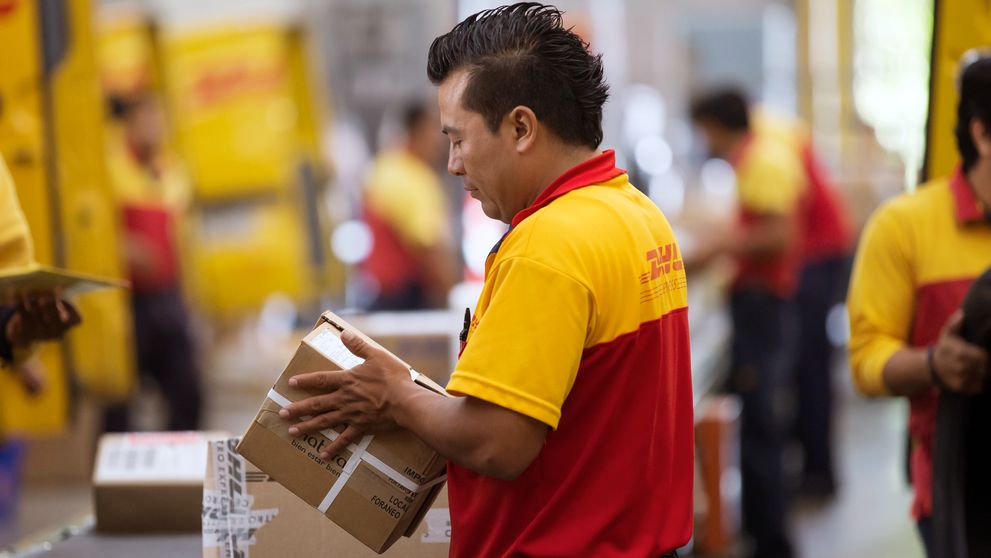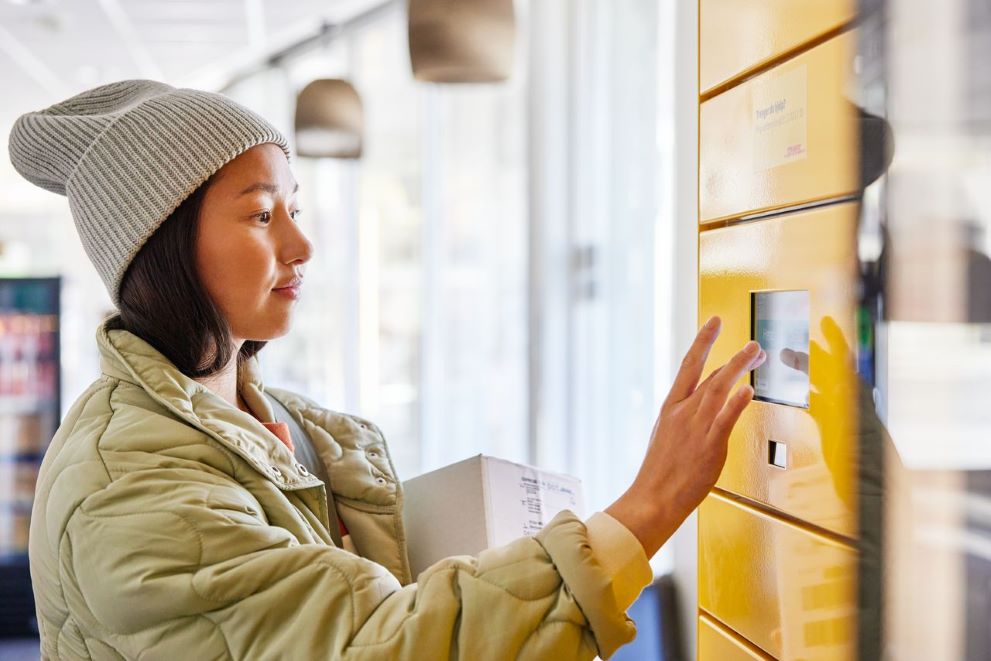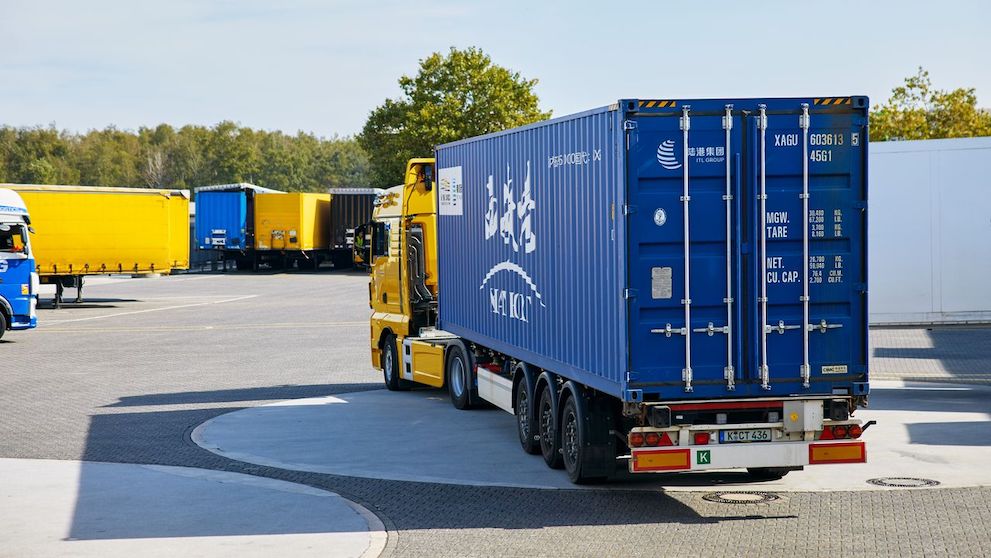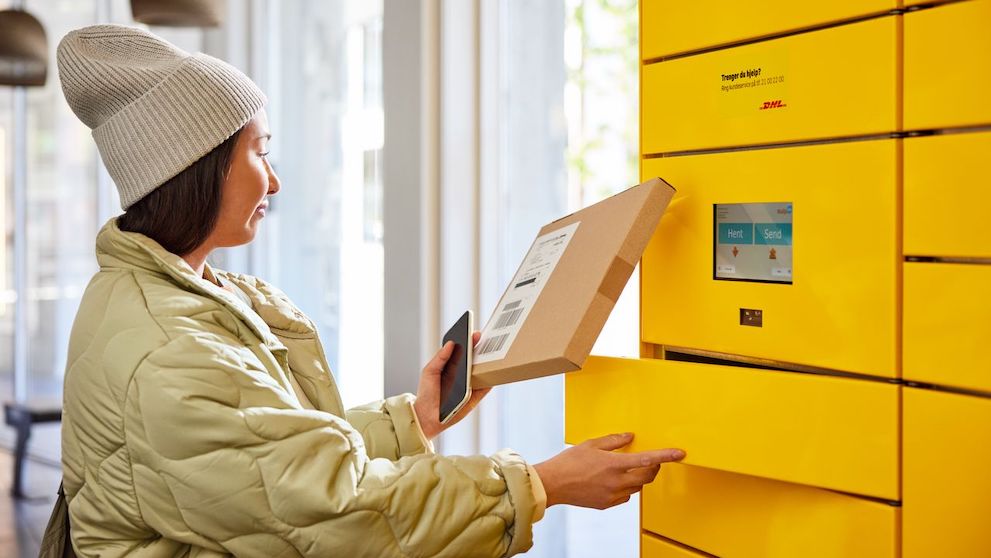The Observatory of Economic Complexity (OEC) reports that over the past 26 years, Vietnam's exports to Singapore have surged with an annualised growth rate of 8.98%. This trend underscores the burgeoning trade relationship between the two nations and opportunities for Vietnamese enterprises to grow their business overseas through exporting to Singapore.
The bilateral trade relationship is further bolstered by crucial Free Trade Agreements (FTAs) that facilitate seamless movement of goods. The ASEAN Free Trade Area (AFTA), composed of agreements like the ASEAN Trade in Goods Agreement (ATIGA), the ASEAN Framework Agreement on Services (AFAS) and the ASEAN Comprehensive Investment Agreement (ACIA), eliminates tariffs for trade in goods, investment and services within the ASEAN region. Similarly, the Regional Comprehensive Economic Partnership (RCEP), encompassing ASEAN nations and other partners significantly broadens economic connectivity within the region. It opens up opportunities and provides Vietnamese businesses preferential access to countries such as Singapore. Additionally, the Comprehensive and Progressive Pacific Partnership (CPTPP) promises remarkable gains for Vietnam, mainly through tariff reductions encouraging exports of products such as textiles, footwear, electronics, and agricultural goods to CPTPP markets, including Singapore.
For local companies to leverage trade opportunities in Singapore, ensuring safe and secure shipping from Vietnam to Singapore is vital. This article is your guide to mastering the art of international express delivery, providing valuable insights and practical tips that will empower businesses to import goods to Singapore with confidence.
1. Evaluate shipping modes
When venturing into international trade from Vietnam to Singapore, selecting the right shipping mode is a crucial decision that can significantly impact your business operations. Evaluating different options, such as between express shipping and freight forwarding (air freight and sea freight), is paramount to help you evaluate which ones are best to achieve your aim. Here are some factors local businesses should consider:
Speed
When time is of the essence, particularly for businesses in Vietnam requiring swift deliveries, DHL Express door-to-door shipping emerges as the optimal solution. With the ability to deliver within one business day, DHL Express ensures that your shipments reach Singapore quickly and securely.
The advantages of express air shipping over freight forwarding are numerous. In the realm of fast-moving consumer goods (FMCG) like clothing and shoes, where inventory delays can translate to substantial losses, express shipping is a game-changer. For businesses reliant on just-in-time inventory strategies, this speed advantage can confer a competitive edge.
Shipment safety
Apart from expediency, shipment safety is a paramount concern. Ensuring goods shipped arrive in the same condition can be a challenge for freight forwarding, given the longer transit times and various handling processes which can increase the likelihood of damage or deterioration.
In comparison, express shipping boasts greater stability during transit as it offers a faster and more direct route, reducing the likelihood of product damage. The controlled environment of air deliveries, along with shorter transit times, ensures that goods are less prone to damage or changes in condition during transit, making this shipping mode a more stable and reliable option for preserving the integrity of shipped items.
DHL Express takes this commitment a step further by providing real-time shipment updates, ensuring that both businesses and customers are well-informed about their order’s status.
Cost
While freight forwarding might initially seem cost-effective for larger shipments, its extended transit time can lead to operational challenges. Besides, there could be itemized costs related to pickup and delivery, airport handling, customs clearance, and so on. It is therefore more productive to invest a little more in door-to-door air shipping, a service that offers a more stable, all-inclusive pricing structure without hidden charges. Understanding that air shipping costs are influenced by dimensional weight, businesses can optimise their packaging for efficient shipping from Vietnam to Singapore.
Ultimately, the choice between express shipping and freight forwarding hinges on the importance and urgency of your shipments. As you delve into the complexities of international shipping from Vietnam to Singapore, DHL Express stands as your trusted partner. Our international network covers more than 220 countries and territories around the globe and includes more than five decades of shipping experience. By embracing DHL Express, you ensure that your business's logistical needs are met with precision and excellence.
2. Ensure you have all the essential documentation
When shipping from Vietnam to Singapore, the array of required paperwork can be overwhelming, but it’s a crucial element that can make or break your logistical success. Before you can obtain all the documents you need to ship to Singapore, there are several steps that Vietnamese businesses need to follow such as:
Determine goods eligibility
Ascertain whether the intended import goods fall under controlled or prohibited categories (we cover more about this below). Utilising their HS codes, a search can identify whether special licences are necessary, which require subsequent application.
Prepare the relevant paperwork
The ultimate step involves the meticulous preparation of documents for clearance. Essential documents for customs clearance in Singapore encompass:
- Air waybill: Encompassing comprehensive and precise goods descriptions, including accurate values aligned with the commercial invoice.
- Commercial invoice: Providing a transparent breakdown of all expenses like Goods Value, Freight, Insurance, and packaging costs. This document, endorsed with Incoterms, should bear the supplier's company letterhead.
- Packing list: Furnishing meticulous, itemised descriptions of the shipped products.
- Customs declaration: The customs declaration should encompass the commercial invoice in addition to the export declaration, as well as any essential export authorisation or licence.
- Necessary permits, licences, certificates, and any other pertinent documentation: Copies must accompany the paperwork, and originals are mandatory for DHL Express presentation.
By meticulously adhering to these steps and ensuring the accuracy of your documentation, DHL Express facilitates a smooth and efficient export process, ensuring your goods traverse customs seamlessly. DHL Express' unparalleled customs expertise serves as a safety net, especially for businesses new to shipping complexities. Our seasoned professionals navigate the intricate customs landscape, ensuring accurate documentation and adherence to Singapore's regulations. By leveraging our knowledge, businesses can sidestep delays, extra costs, and potential pitfalls, ensuring seamless and efficient shipping experiences.
Obtain a Customs Import Permit
Importation into Singapore mandates a Customs Import Permit. To initiate this, prospective importers must either register with the Accounting and Corporate Regulatory Authority (ACRA) or acquire a Unique Entity Number (UEN) from the relevant agency. This is followed by activating a Customs account, after which the permit application is submitted via TradeNet.
3. Familiarise yourself with Singapore's customs regulations
Goods and Services Tax (GST)
Navigating Singapore's customs landscape is vital for seamless international shipping from Vietnam. Understanding the specifics can save businesses time, costs, and unnecessary hassles. Vietnam-based enterprises should take note of key factors unique to them.
The GST is a pivotal consideration. Consumers in Singapore shoulder the burden of GST payment, which businesses then transmit to the government. The taxable amount is determined using the Cost, Insurance, and Freight (CIF) value alongside additional duties and taxes. Even for non-dutiable goods, GST is computed from the CIF value, incorporating potential commission and incidental fees, irrespective of their inclusion in the invoice.
Goods surpassing S$400 in value are subject to the GST, which will increase from 8% to 9% in 2024. An important change to grasp for Vietnamese exporters is the Overseas Vendor Registration (OVR) regime, impacting goods valued below S$400. Previously affecting B2C digital services, this now extends to include both digital and non-digital remote services to customers in Singapore. This implies that Vietnamese businesses must account for GST on low-value items during purchase.
Customs and excise duty
Beyond GST, specific imported products in Singapore might incur an additional type of import duty. Known as customs duty or excise duty, these apply to dutiable goods within distinct categories like beverages with high alcohol content. Four categories of dutiable goods include:
- Intoxicating liquors
- Tobacco products
- Motor vehicles
- Petroleum products and/or biodiesel blends
These excise duty charges are computed based on either ad valorem or specific rates. Imported goods are taxed based on a percentage of the total shipment value or a specified amount per unit of weight or other quantity.
As part of its obligations under its FTAs, Singapore provides preferential tariff treatment by exempting customs duty on the import of originating stout/porter, beer including ale, medicated samsu, and other samsu from FTA partners such as Vietnam.
Depending on the specific FTA, Vietnamese businesses exporting these products should substantiate their claims through:
- A Preferential Certificate of Origin (CO) issued by the Competent Authority
- Self-certification by the exporter, producer, or importer
- E-ATIGA Form D reference number for Form Ds transmitted electronically via the ASEAN Single Window from Thailand.
4. Identify what can or cannot be shipped
Prohibited items
In Singapore, certain goods are strictly prohibited from being imported. Some examples include:
- Chewing gum (with exceptions for dental and medicated chewing gums)
- Products derived from endangered animals
- Firecrackers
- Cigarette lighters resembling firearms
- Scanning receivers
- Military communication equipment
- Devices for voice manipulation during phone calls
- Radio communication jammers
- Tobacco products like cigarettes
- Various restricted categories
Restricted imports
Controlled goods require an import licence or authorisation from relevant authorities. The following list highlights some controlled items and directs you to the competent authority's website for detailed information:
- Animals, birds, and their by-products
- Fish and seafood products
- Meat and meat products
- Arms and explosives
- Bulletproof clothing
- Toy firearms
- Weapons like kris, spears, and swords
- CDs, DVDs, video games
- Films, tapes, discs
- Printed media like newspapers, books, magazines
- Telecommunication and radio equipment
- Toy walkie-talkies
- Pharmaceuticals and medicines
- Poisons
- Hazardous cargo
- Ionising and non-ionising radiation-emitting apparatus
For Vietnamese businesses, it's crucial to pay close attention to this list of restricted imports when bringing goods into Singapore.
To ensure a smooth and compliant shipping process, these businesses must proactively identify the competent authorities that can provide them with the necessary import licences or authorisations. This step not only ensures adherence to regulations but also avoids potential delays and disruptions in their shipments to Singapore. By thoroughly understanding and adhering to these requirements, Vietnamese exporters can establish a strong foothold in the Singaporean market while maintaining a reputation for responsible and legal trade practices.
5. Use proper packaging and labelling
Proper packaging and accurate labelling play pivotal roles in the world of shipping, making the distinction between damaged or delayed goods and those that arrive securely and punctually. Beyond shielding items from potential transit harm, effective packaging cultivates customer trust by assuring them of product quality and reliability. This fosters customer satisfaction and lasting relationships, reducing the need for costly replacements.
The packaging itself must be resilient, guarding against extreme conditions like heat and humidity, along possible brief periods of open storage. Wooden packaging must be certified as being free from infestation by insects and fungi. Importantly, imported restricted or dutiable goods should not be packed in the same package or container as non-dutiable or unrestricted goods. For more information, read our tips for packaging garments and fashion products or our tips for packaging electronics and equipment.
In Singapore, adherence to labelling requirements is paramount. Labelling requirements are comprehensive, encompassing vital information such as the seller's or manufacturer's name and address, net quantity, net weight, packaging dimensions, composition, and country of origin.
